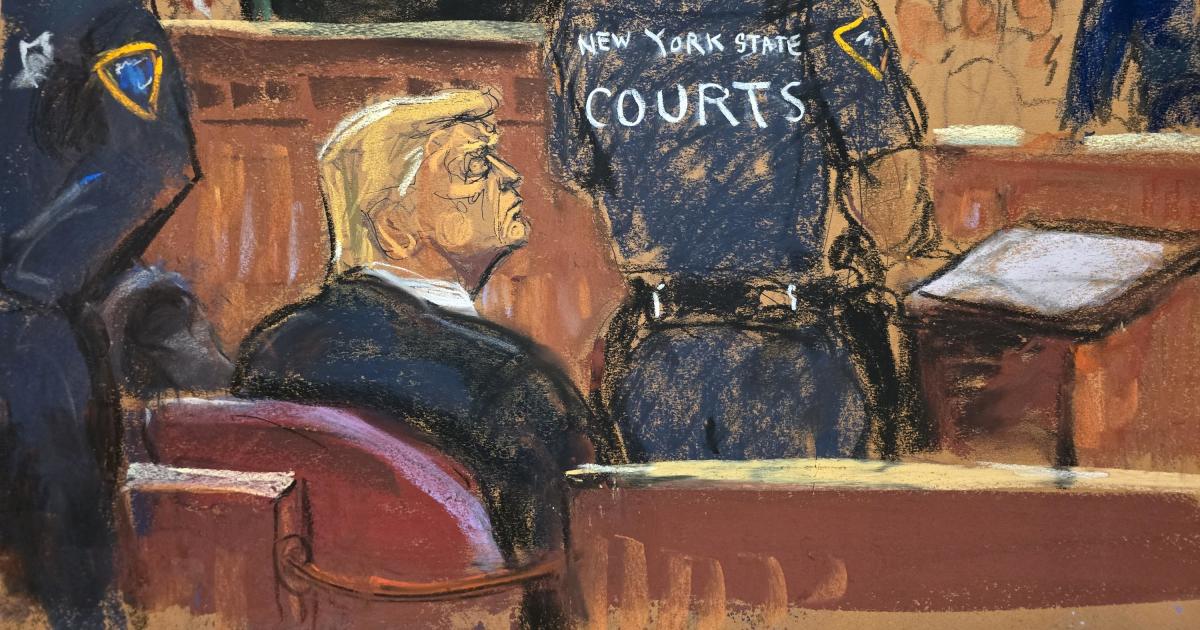Former President Donald Trump was found guilty of 34 felony counts of falsifying business records by a jury in New York on Thursday. The trial lasted roughly six weeks, and the jury spent two days deliberating before returning a verdict. Trump denounced the decision as “rigged” and vowed to fight the conviction. His sentencing is scheduled for July 11. The charges against Trump included 34 state counts of falsifying business records in the first degree, a felony in New York.
The jury needed to unanimously conclude that Trump caused records to be falsified and that he conspired to promote or prevent the election of any person to a public office by unlawful means in order to convict him. Prosecutors alleged that Trump, along with former National Enquirer publisher David Pecker and ex-fixer Michael Cohen, hatched a conspiracy to identify, purchase, and squash stories that might harm Trump’s reputation and presidential campaign. This included a $130,000 payment made to adult film star Stormy Daniels just days before the 2016 election.
Trump’s lawyers argued that the arrangement with Pecker and the National Enquirer was common in political campaigns, and that non-disclosure agreements like the one Cohen struck with Daniels were standard practice. They also claimed that Cohen was being paid for ongoing legal work as Trump’s personal attorney. Trump pleaded not guilty to the charges and denied any wrongdoing, accusing the Manhattan District Attorney Alvin Bragg of pursuing the case for political gain.
During the trial, key players included Trump, Cohen, and Pecker, with Pecker corroborating Cohen’s testimony about a conspiracy to cover up salacious stories about Trump. Cohen testified that Trump received regular updates on efforts to cover up these stories and personally signed off on falsifying records related to them. Stormy Daniels also testified, recounting her interactions with Trump and the events leading up to the hush money payment she received.
Trump’s conviction has initiated the sentencing phase of the case, with a hearing scheduled for July 11. Falsification of business records carries a maximum sentence of four years in prison and a $5,000 fine for each charge, but the judge has broad leeway in determining the punishment. Some experts believe Trump could face fines, probation, or home confinement, while others suggest he may serve time behind bars. The trial and conviction mark a historic moment in U.S. political history, with a former president found guilty of multiple felonies related to campaign finance violations.









